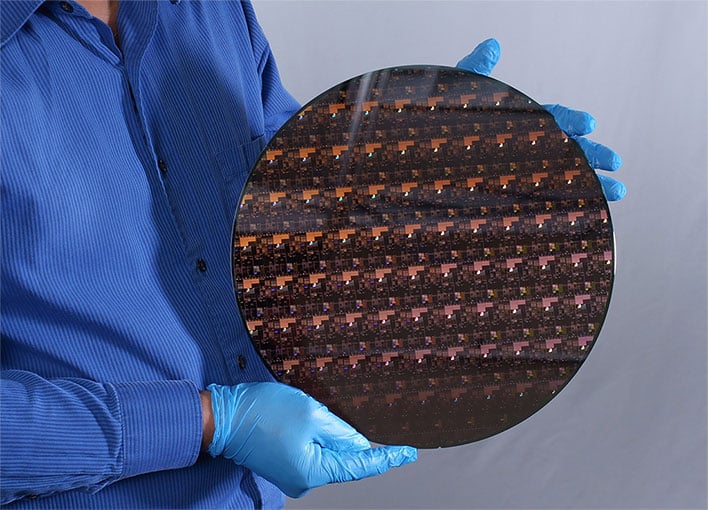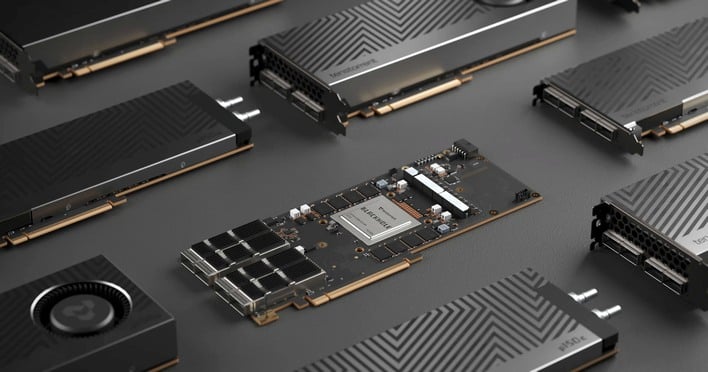Chip Legend Jim Keller Expresses Optimism For Intel Foundry But Says It Needs Work
More specifically, speaking to Nikkei Asia, Keller said that Tenstorrent is talking to TSMC, Samsung, and Japan's Rapidus for access to 2nm fabrication, but that Intel could also be an option in the future. Nikkei Asia quoted him as saying "they still have a lot of work to do ... to deliver a really solid technology roadmap."

Keller said a lot more than that in the interview with Nikkei Asia, but not about Intel. He noted that his company Tenstorrent is one of the first serious chip companies to begin talks with Rapidus, a new startup in Japan that we reported on way back in 2022, before it was named. Rapidus is a collaboration between most of the tech companies in Japan as well as the US' IBM, funded primarily by the Japanese government, to the tune of over $8 billion USD.
IBM actually demonstrated working 2nm chips based on GAAFETs as early as 2021, long before Intel or TSMC were there. IBM was actually also first at 5nm (also with GAAFETs) and 7nm, too, but the company doesn't operate big commercial fabs, so they're primarily focused on simply advancing the science of transistor research. An important partner, for a commercial fab; Rapidus had a pilot line going in July for its upcoming 2nm process, but full mass production isn't planned until 2027.
Tenstorrent is already shipping processors; this isn't a vaporware company. The Blackhole is positioned as a cost-effective and highly scalable alternative to NVIDIA desktop GPUs for AI training and inference. We haven't tested them yet, but reviews and anecdotes from around the web suggest that the strength of the product is in its scalability thanks to integrated networking, but that there are still software struggles, as is so often the case. Even AMD is still fighting that battle, as we noted in our review of the HP Z2 Mini G1a.
Jim Keller image ©Impress PC Watch.



